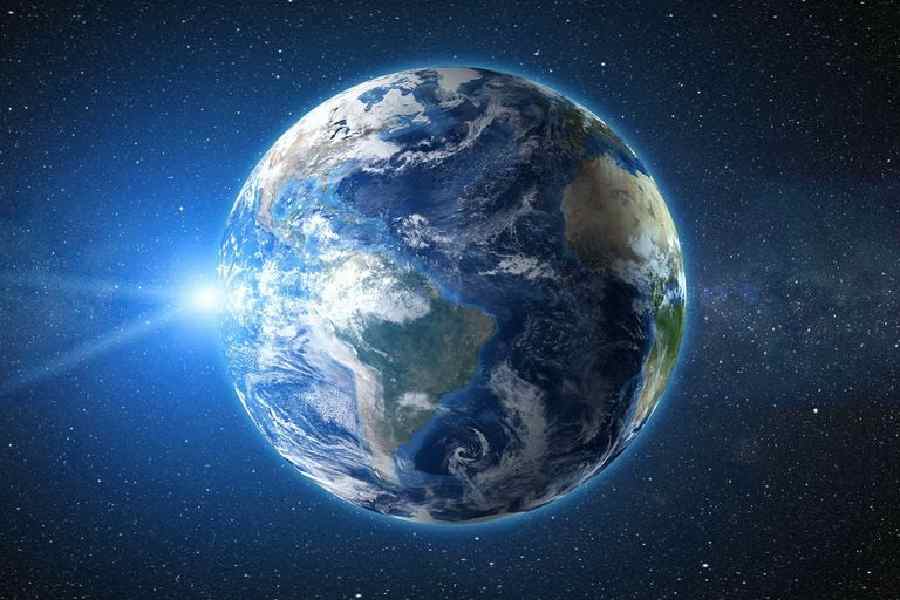“I was there when the Anthropocene was born. It was so amazing,” said Katherine Richardson, the leader of the Sustainability Science Centre at the University of Copenhagen. “It was actually in 2000, at one of these meetings of the International Geosphere-Biosphere Programme Scientific Steering Committee.”
“The different programmes were giving long reports of what they’ve been doing that year and the people that do the paleo stuff were going on and on and on,” Richardson continued. “We’re in Cuernavaca, Mexico. It’s hot. And the vice chair of this is Paul Crutzen, and at some point Paul just lost it.”
“They were saying, ‘Holocene, we’re in the Holocene, and this has happened in the Holocene.’ And Paul just jumped up and said ‘But we’re not in the Holocene any longer. We’re in the...’ He was reaching for a word, and he said, ‘We’re in the Anthropocene’!”
“Boing! Just like that! It happened right there.”
The new name got some support right away, but its implications were very big. We were still officially in the Holocene, the epoch that began 11,700 years ago when the earth emerged from the last Ice Age, until two weeks ago.
That’s when scientists in the Anthropocene Working Group presented hard evidence that human activity has changed the geology, atmosphere and biology of our planet so much that it has entered a new geological epoch known as the Anthropocene. As Dorothy said to her dog in The Wizard of Oz, “Toto, I’ve a feeling we’re not in Kansas any more.”
We’re not in the Holocene any more. That golden interlude of a warm, stable climate, in which humans started farming, multiplied their population and eventually created high-energy, hi-tech civilisations, is at an end.
“We are simply so big and so dominant that we now need to drive the vehicle,” said Johan Rockström, the director of the Potsdam Institute for Climate Impact Research. “We are just sitting there and not really recognising that we are the ones with the levers now.”
Rockström is not actually advocating geoengineering here, but a number of other climate scientists have been driven to that conclusion by the accelerating changes in the climate system. As indeed was Paul Crutzen himself, who first went public in 2006 with a call for scientists to consider geoengineering options.
It had been a taboo topic until then, but Crutzen’s Nobel Prize gave him the standing to broach the issue. And it all does go together: if human activities are inadvertently changing the atmosphere and the biosphere in dangerous ways, many of which we didn’t foresee, then maybe we should also be willing to intervene to stop or reverse those changes.
This may seem far removed from the declaration of a new geological epoch, but the name-change is all about perspective. It is a way of making people realise that we human beings are now the decisive influence on how the earth’s system evolves, and that we must pay constant attention to our choices if we want a climate that we can tolerate.
In the meantime, the Anthropocene has a few more hurdles to cross before it is formally acknowledged as our new geological epoch, but they have found the ‘golden spike’ that will serve as its defining natural phenomenon. It is Crawford Lake, a very deep limestone sinkhole not far from Hamilton, Ontario in Canada.
It’s the annual layers of sediment at the bottom of the little lake that contain the evidence of the huge changes wrought on the environment by human beings since the 1950s, most notably the sudden jump in plutonium (from atomic bomb tests) and ‘fly ash’ from the steel mills in Hamilton.
There’s also lots of plastic waste in the sediments, of course, but, mercifully, nobody was tempted to rename our time as the Plasticine Epoch.










